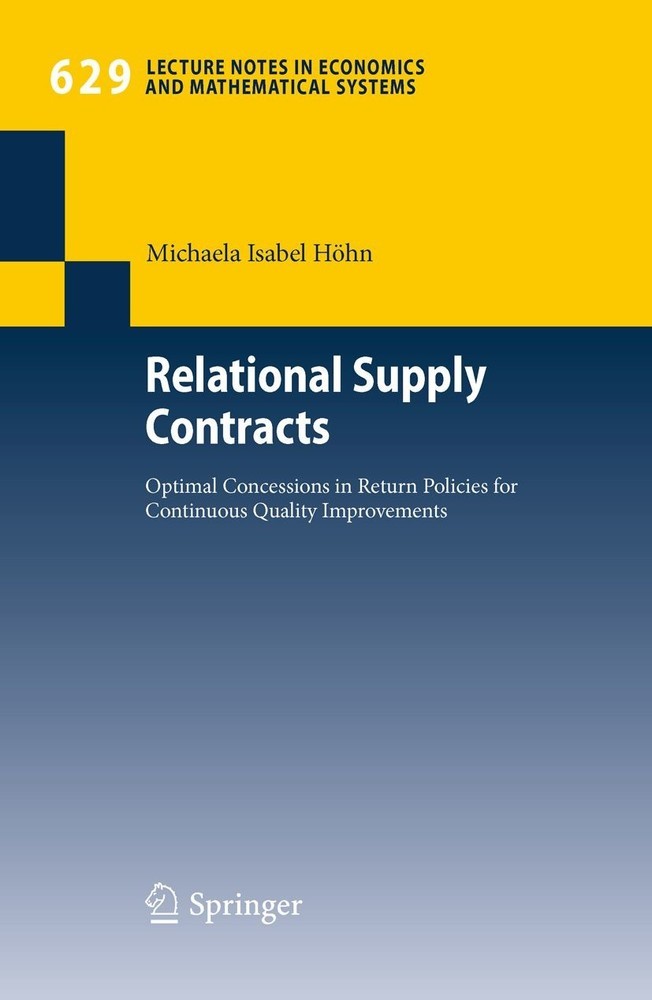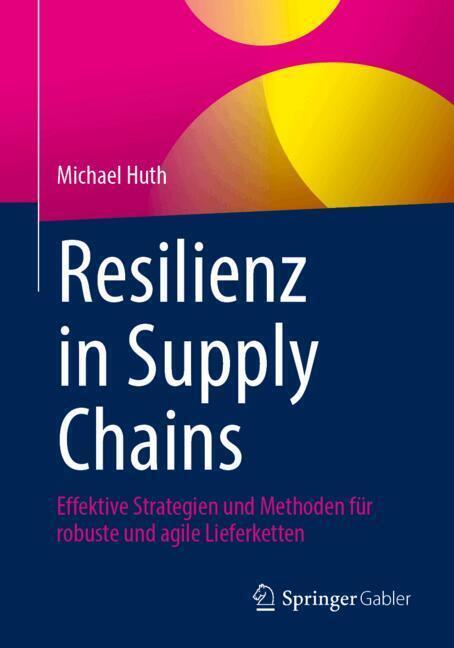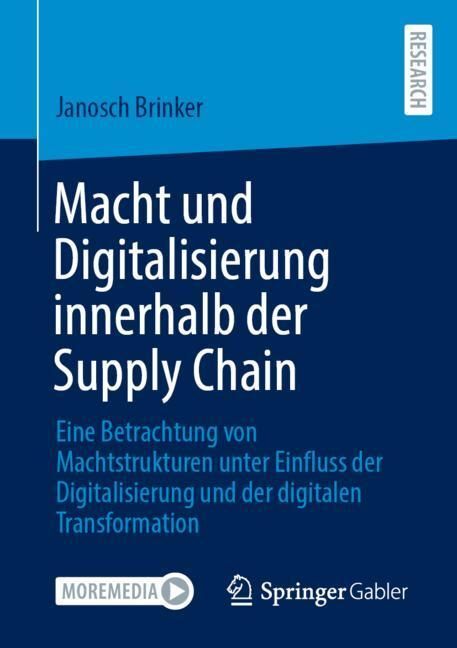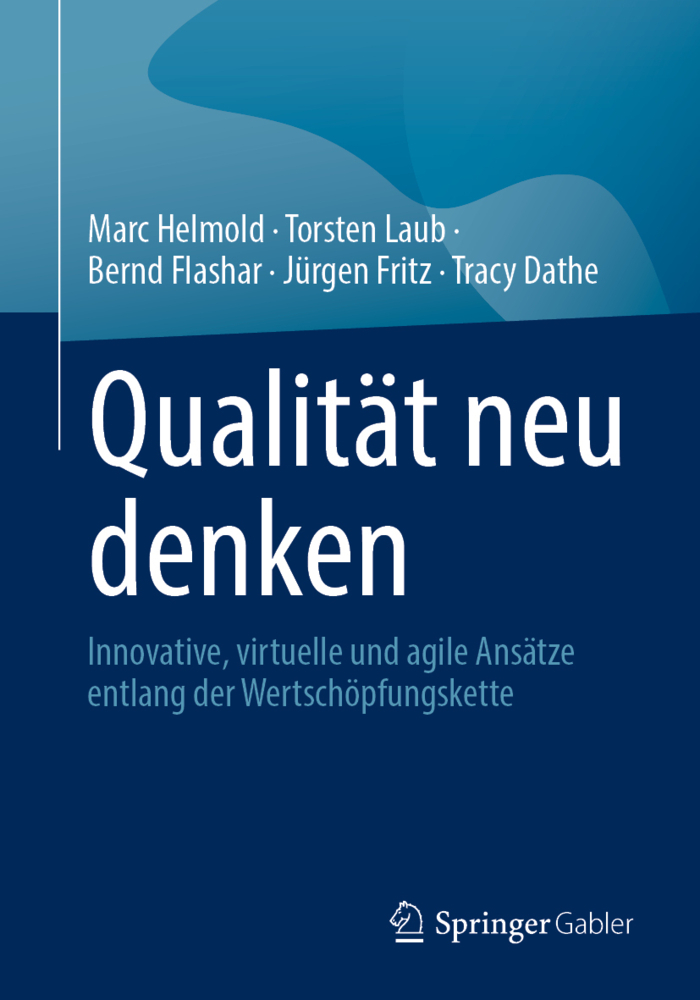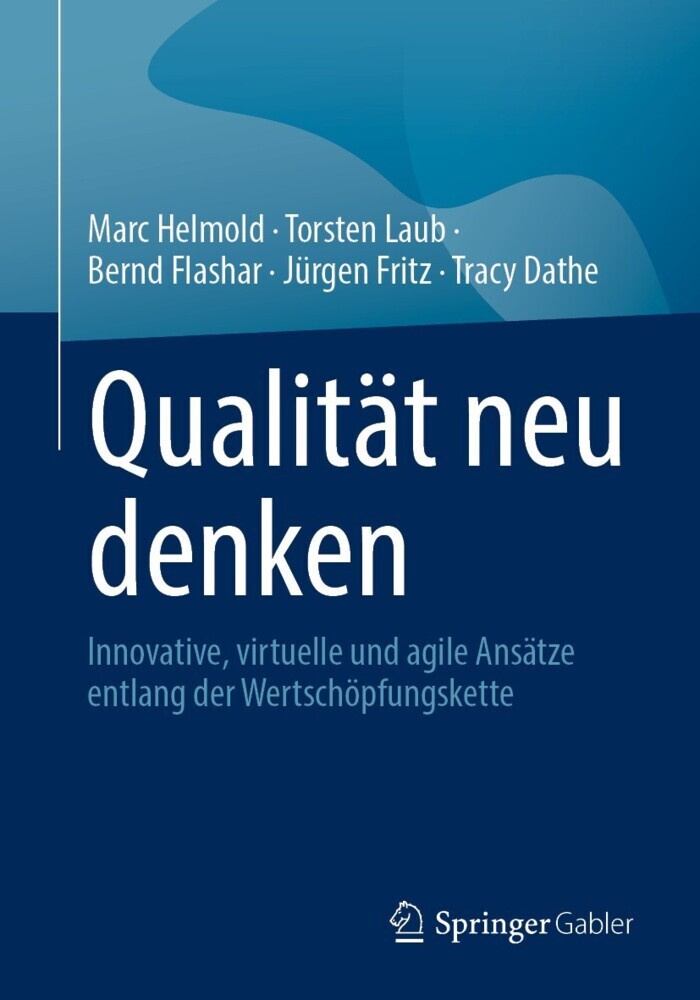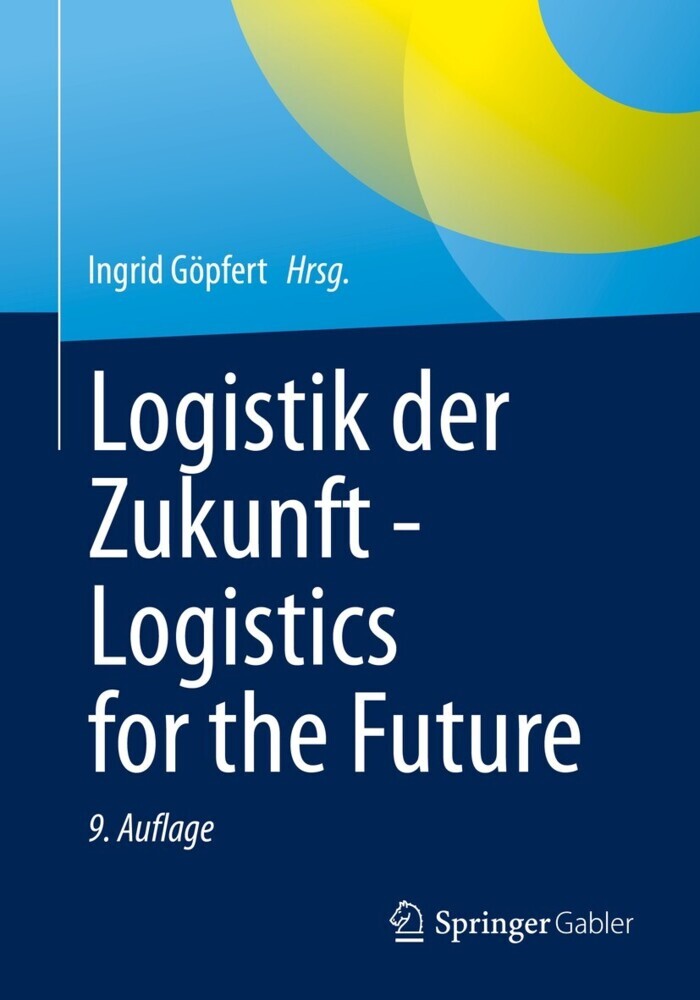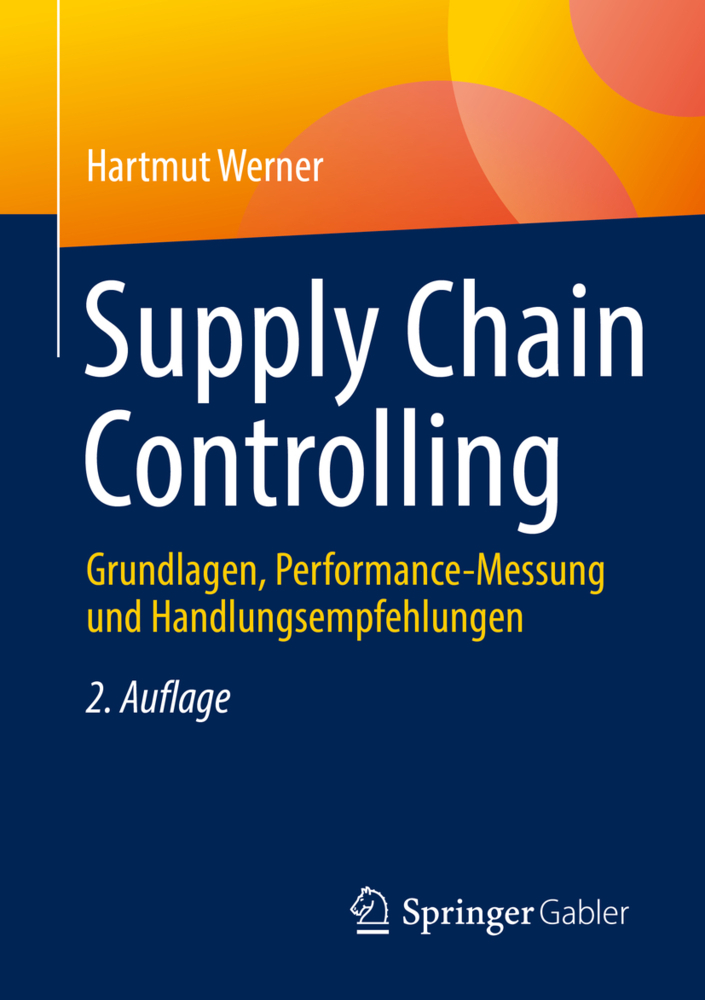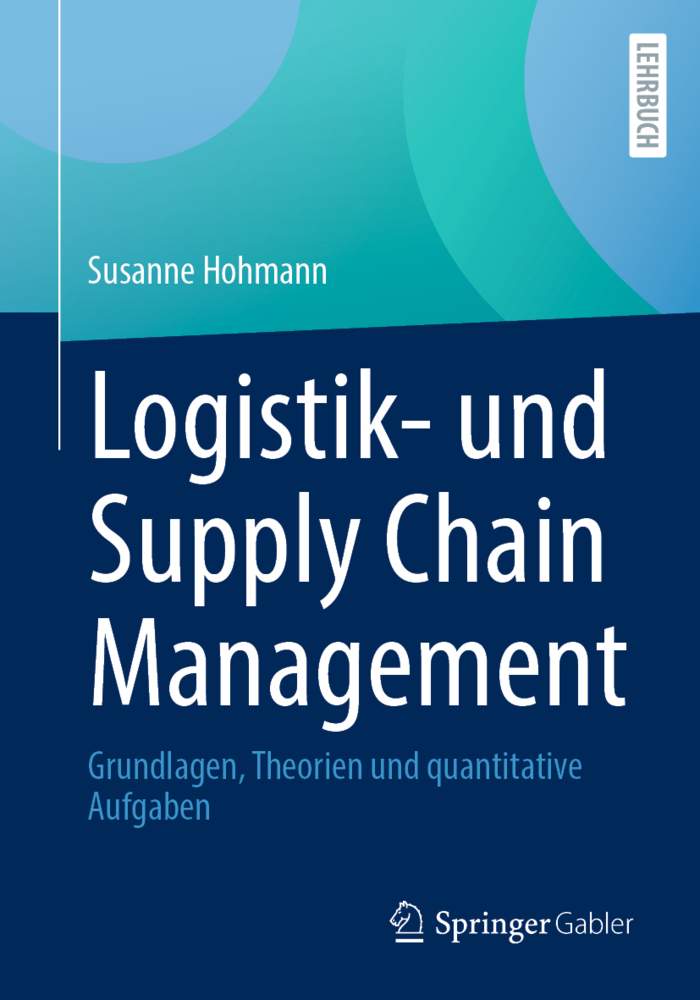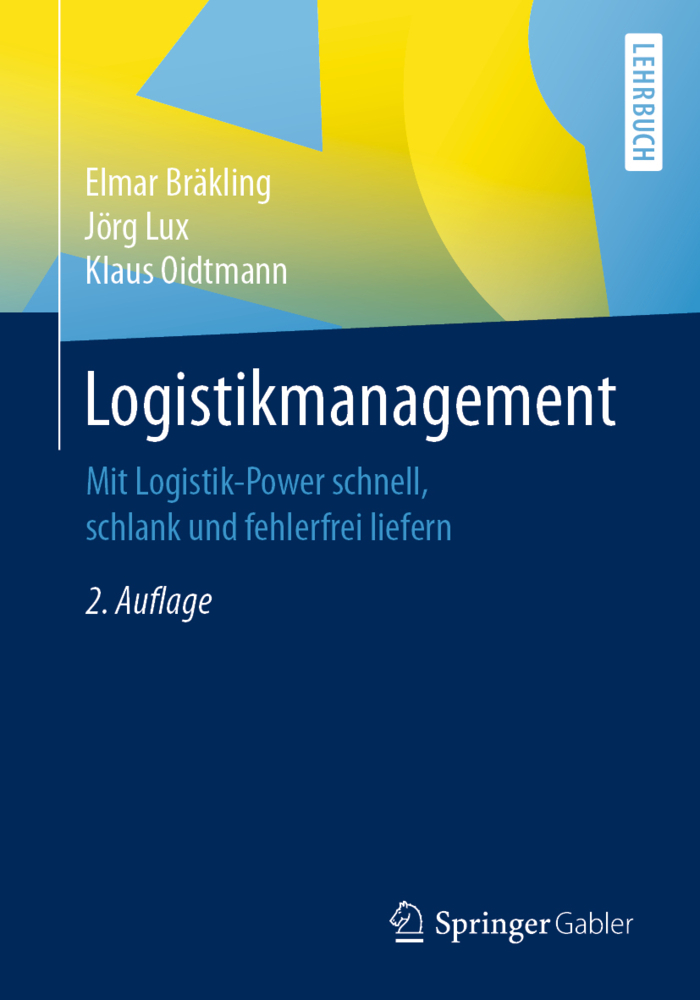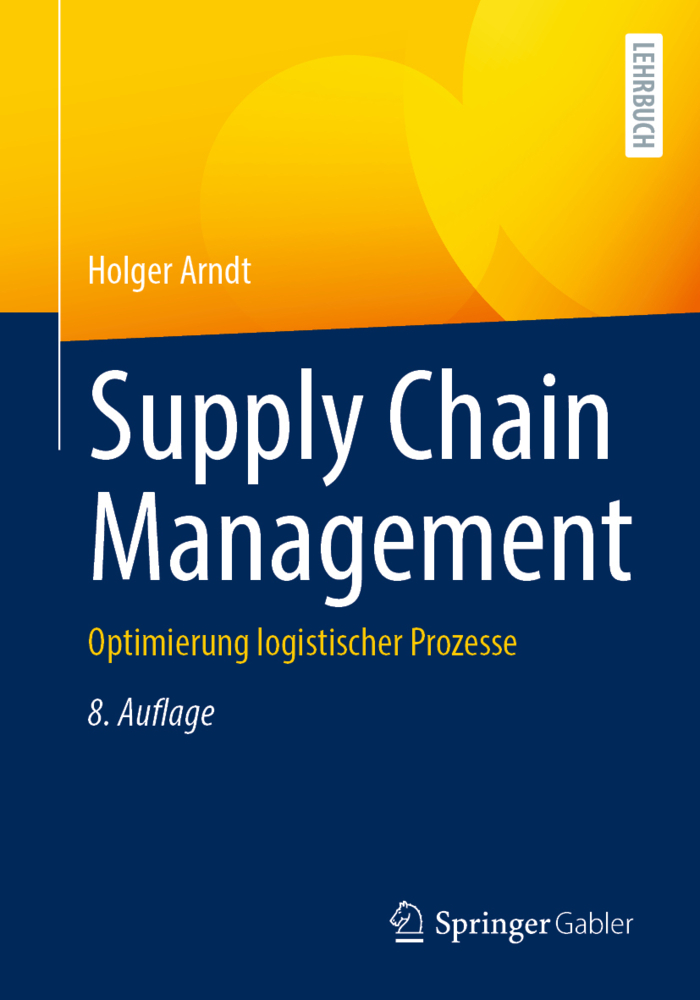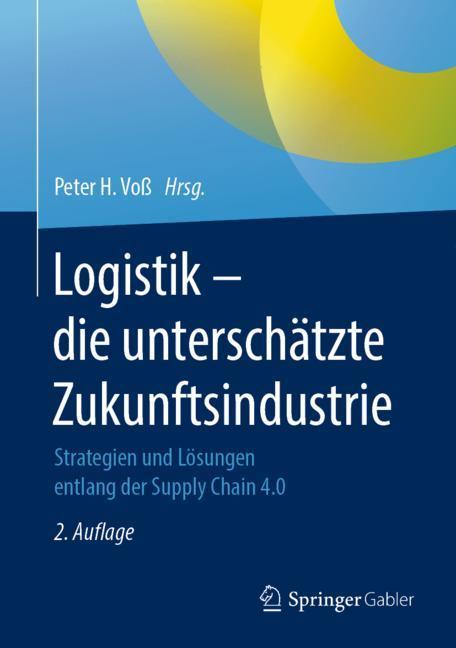Relational Supply Contracts
Optimal Concessions in Return Policies for Continuous Quality Improvements
Supply relations are often governed by so-called relational contracts. These are informal agreements sustained by the value of future cooperation. Although relational contracts persist in practice, research on these types of contract is only emerging in Operations and Supply Chain Management. This book studies a two-firm supply chain, where repeated transactions via well-established supply contracts and continued quality-improvement efforts are governed by a relational contract. We are able to characterize an optimal relational contract, i.e., to develop policies for supplier and buyer that structure investments in quality and flexibility in a way that no other self-enforcing contract generates higher expected joint surplus. A second goal is to compare the performance of different returns mechanisms in the context of relational contracting (quantity flexibility and buy-back contracts). Industry studies motivate the presented model.
1;Relational Supply Contracts ;1 1.1;Foreword ;5 1.2;1 Introduction;15 1.2.1;1.1 Motivation and Objectives;15 1.2.2;1.2 Structure;17 1.2.3;1.3 Transactional vs. Relational Procurement;17 1.2.4;1.4 Relational Procurement in Practice;21 1.2.4.1;1.4.1 Consumer Goods Industry;22 1.2.4.2;1.4.2 Automotive Industry;24 1.2.4.2.1;OEM--Supplier Relationship Styles;24 1.2.4.2.2;The US Model;26 1.2.4.2.3;The Japanese Model;28 1.2.4.2.4;Future Trends Affecting the OEM--Supplier Interface;29 1.3;2 Literature Review on Supply Chain Contracts;32 1.3.1;2.1 Introduction to Supply Chain Contracts;32 1.3.1.1;2.1.1 Supply Chain Structure;34 1.3.1.2;2.1.2 Classification of Contracts;35 1.3.1.3;2.1.3 The Newsvendor Model;36 1.3.1.4;2.1.4 Contract Types;38 1.3.1.4.1;Wholesale Price Contract;24 1.3.1.4.2;Buy-Back Contract;26 1.3.1.4.3;Revenue-Sharing Contract;28 1.3.1.4.4;Quantity Flexibility Contract;29 1.3.1.4.5;Sales-Rebate Contract;42 1.3.1.4.6;Quantity Discount Contract;42 1.3.1.4.7;Model Extensions and Other Contract Types;43 1.3.2;2.2 Quantity Flexibility Contract;44 1.3.3;2.3 Buy-Back Contract;45 1.3.4;2.4 Quantity Flexibility vs. Buy-Back Contract;46 1.4;3 Relational Contracts;48 1.4.1;3.1 The Concept;48 1.4.1.1;The Trust Game;24 1.4.1.2;The Relational Contract;26 1.4.2;3.2 The Economists' Approach;52 1.4.2.1;Transaction Cost Economics;28 1.4.2.2;Principal Agent Theory;29 1.4.2.3;Incomplete Contracts;42 1.4.3;3.3 Review of Operations and Supply Chain Management Literature;56 1.4.4;3.4 Analytical Tools;59 1.4.4.1;3.4.1 Game Theory;59 1.4.4.1.1;3.4.1.1 Introduction to Game Theory;59 1.4.4.1.2;3.4.1.2 Game Theory in Supply Chain Analysis;62 1.4.4.2;3.4.2 Dynamic Programming;63 1.4.4.2.1;3.4.2.1 Basic Dynamic Problem;64 1.4.4.2.2;3.4.2.2 Infinite Horizon Dynamic Problems;65 1.5;4 Relational Contracts and Optimal Quantity Flexibility;68 1.5.1;4.1 The Quantity Flexibility Model;68 1.5.2;4.2 Model Analysis;70 1.5.2.1;4.2.1 Nomenclature;71 1.5.2.2;4.2.2 Discounted Expected Profits;72 1.5.2.3;4.2.3 Self-Enforcing Contract;73 1.5.2.4;4.2.4 Total Expected Discounted Profit with Perfect Coordination;74 1.5.2.5;4.2.5 Total Expected Discounted Profit under an Optimal Relational Contract;75 1.5.2.6;4.2.6 Convergence;76 1.5.2.7;4.2.7 A Simple Optimal Relational Contract;81 1.6;5 Relational Contracts and Optimal Buy-Back Price;89 1.6.1;5.1 The Buy-Back Model;89 1.6.2;5.2 Model Analysis;90 1.6.2.1;5.2.1 Nomenclature;91 1.6.2.2;5.2.2 Discounted Expected Profits;92 1.6.2.3;5.2.3 Self-Enforcing Contract;93 1.6.2.4;5.2.4 Total Expected Discounted Profit with Perfect Coordination;94 1.6.2.5;5.2.5 Total Expected Discounted Profit under an Optimal Relational Contract;94 1.6.2.6;5.2.6 Convergence;95 1.6.2.7;5.2.7 A Simple Optimal Relational Contract;96 1.7;6 QF vs. Buy-Back Contract in Buyer-Supplier Relationships;101 1.7.1;6.1 Construction and Analysis of Equivalent Contracts;101 1.7.1.1;6.1.1 Construction of Equivalent Contracts;101 1.7.1.2;6.1.2 The Leeway for Contract Adaptation: A Comparison;103 1.7.1.2.1;Leeway for Adaptation Under a Coordinating QF Contract;42 1.7.1.2.2;Leeway for Adaptation Under the Equivalent Coordinating Buy-Back Contract;43 1.7.2;6.2 Numerical Results;105 1.7.2.1;6.2.1 Impact of Buyer's Profit Share;106 1.7.2.2;6.2.2 Impact of Realized Demand;110 1.7.2.3;6.2.3 Impact of Market Characteristics;111 1.7.3;6.3 Summary;113 1.8;7 Case Study: Supplier Relationship Management at Volkswagen Group;115 1.8.1;7.1 Volkswagen Group;115 1.8.2;7.2 Key Elements of Supplier Relationship Management;115 1.8.2.1;7.2.1 Supplier Collaboration Platform;116 1.8.2.2;7.2.2 Supplier Management Models;117 1.8.2.3;7.2.3 Incentives and Breach of Trust;117 1.8.2.4;7.2.4 Contracts;118 1.8.2.5;7.2.5 Quality;118 1.8.2.6;7.2.6 VWGroupSupply.com;119 1.8.2.7;7.2.7 Sustainable Development;119 1.8.3;7.3 Outlook;120 1.9;8 Conclusion and Outlook;121 1.10;References;123 1.11;Index;131
Höhn, Michaela Isabel
| ISBN | 9783642027918 |
|---|---|
| Artikelnummer | 9783642027918 |
| Medientyp | E-Book - PDF |
| Auflage | 2. Aufl. |
| Copyrightjahr | 2009 |
| Verlag | Springer-Verlag |
| Umfang | 124 Seiten |
| Sprache | Englisch |
| Kopierschutz | Digitales Wasserzeichen |

